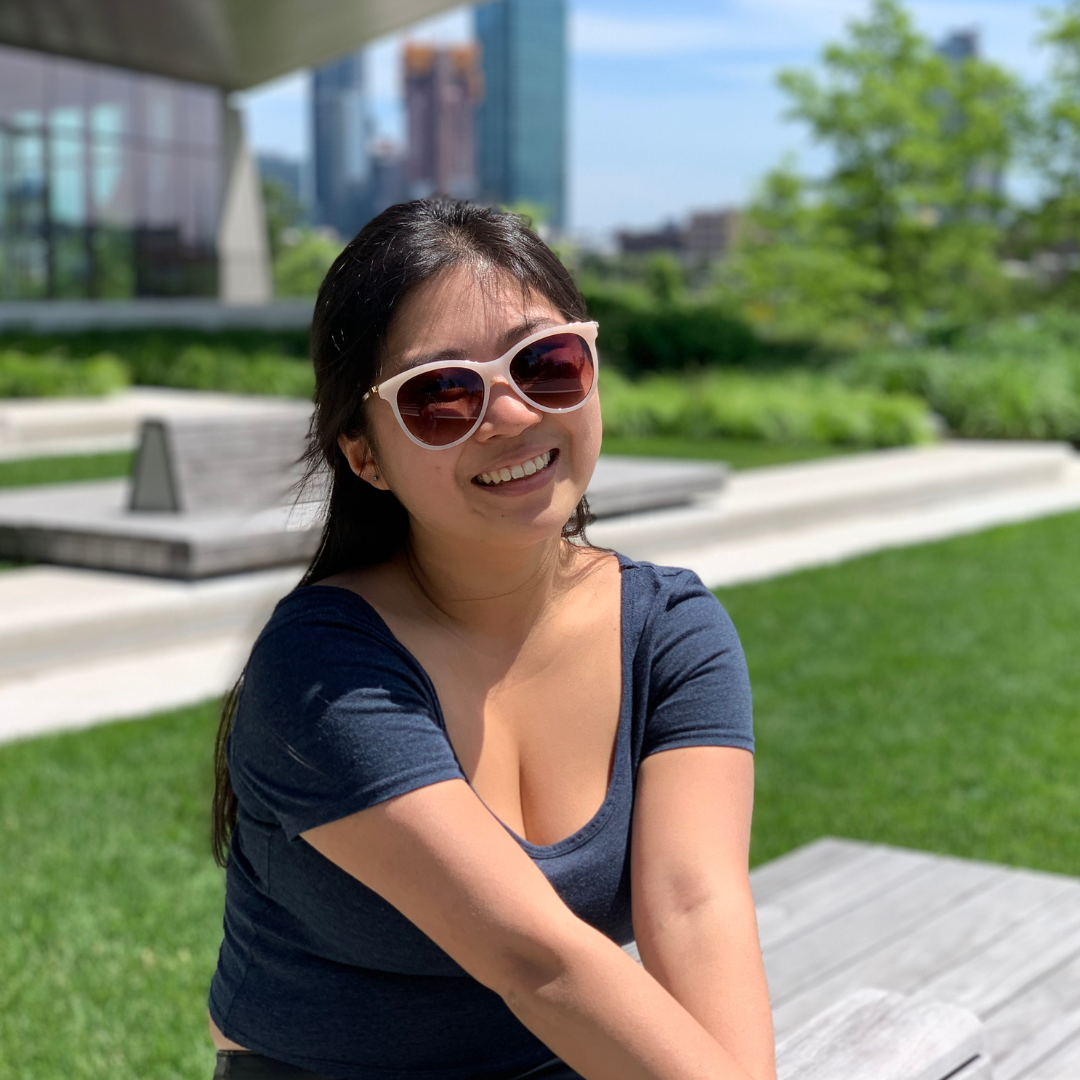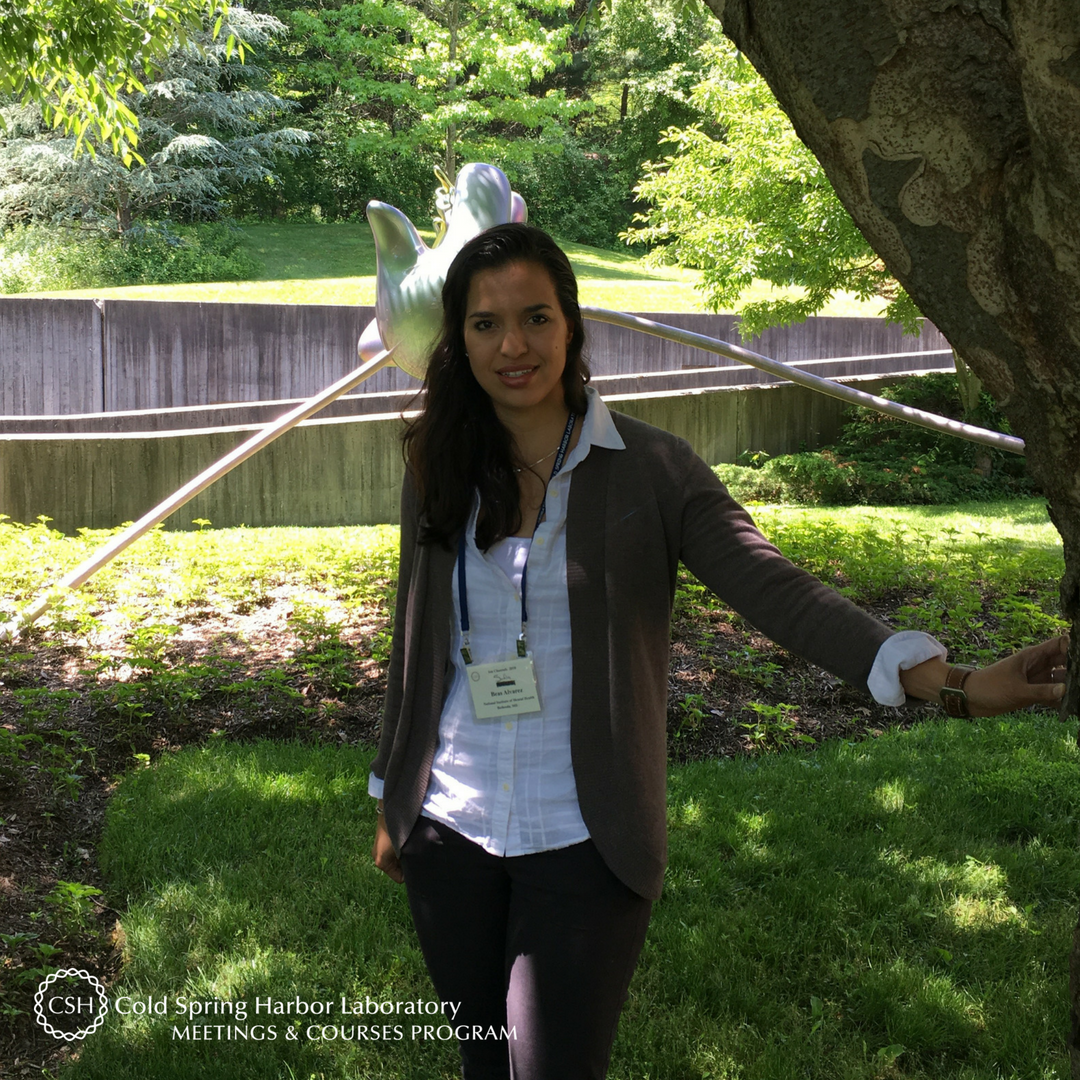Meet Pascal Röderer of the University of Bonn (Germany)! Pascal is a PhD student in the Institute of Reconstructive Neurobiology directed by Prof. Dr. Oliver Brüstle. He took part in our virtual course on Ion Channels in Synaptic and Neural Circuit Physiology which “was great and helped [him] to expand [his] knowledge and understanding of neural physiology and electrophysiological measurements.” And though a virtual course comes with certain limitations (e.g. hands-on training in a lab setting), the “lecturers and instructors…did an amazing job [offsetting the limitations] by answering a lot of questions around practical aspects and giving hands on tips and tricks on problems that might come up during experiments.”
Tell us about your research.
Our group employs human induced pluripotent stem cells to generate all kinds of neural and non-neural cell types of the nervous system. I am specifically interested in generating models of the peripheral nervous system, including e.g. sensory neurons, as a platform for pain research.
How did you decide to focus on this area/project?
After finishing my master, where I was working with a mouse model of Amyotrophic lateral sclerosis, I wanted to further concentrate on human in vitro systems and stem cell research. Following this, I became very interest in chronic neuropathic pain and other disorders of the peripheral nervous system, as they are affecting a lot of people while treatment options are often limited. It is very exciting and interesting trying to better understand these conditions based on human in vitro models, as translation from rodent models to human patients seems to be very challenging.
What and/or who is the inspiration behind your scientific journey?
During high school my chemistry teacher fostered my interest in science and inspired me to study biochemistry. During my studies I learned how exciting it is when solving a problem with a series of experiments. Additionally, I always find inspiration in the scientific passion and determination of other scientists.
What impact do you hope to make through your work?
I want to contribute to neuropathic pain research and hope to offer new angles of research to the community.
Where do you see yourself in five years?
I hope to having finished not only my PhD, but also an international postdoc position and being on my way to becoming an independent researcher with my own lab.
What do you love most about being a researcher?
What I really love is the adventure of learning and trying new things everyday as well as the international and collaborative spirit I experience.
What drew you to apply to this course?
I am working on the molecular basis of pain, where neural activity is often affected and increased in neuropathic pain patients, thus I wanted to learn more about the techniques to measure and analyze these effects.
What is your key takeaway from the Course; and how do you plan to apply it to your work?
The Course has offered me a new insight into electrophysiological techniques and a wider set of tools to analyze and present this kind of data. I will integrate some of these techniques into the planning of new experiments, and will reevaluate the information that I gained in previous experiments and look at it from a different angle.
What feedback or advice would you share with someone considering to participate in this course?
I would definitely recommend in participating in this course, it is a unique possibility to connect with experts in this field and get an impression of the incredible variety of possible applications.
What’s the most memorable thing that happened during the Course?
Having participated in this course during the Covid-19 pandemic, I am sure this was not the full or usual course experience but overall it was a really great experience! The talks and lectures as well as the presentation of student data was really amazing and inspiring. It was also amazing to virtually connect with junior researchers and the instructors and to see how scientific research can be shared -- even during times like this -- and how we all can overcome borders and barriers that might arise in our ways.
Now that you’ve taken part in a virtual CSHL course, would you like to share feedback and or advice with those also be participating in an upcoming virtual CSHL course?
Interact as much as possible with instructors, lecturers and students and use the chance to ask as many questions as you can. Above all discuss your own technical challenges and questions posed by your own research with your instructors and peers.
Thank you to Pascal for being this week's featured visitor. To meet other featured researchers - and discover the wide range of science that takes part in a CSHL meeting or course - go here.
Images provided by Pascal Röderer








